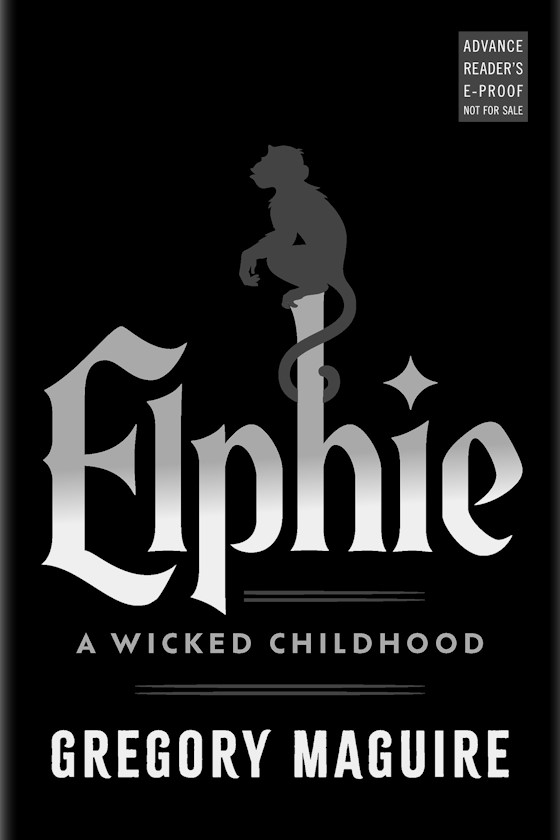

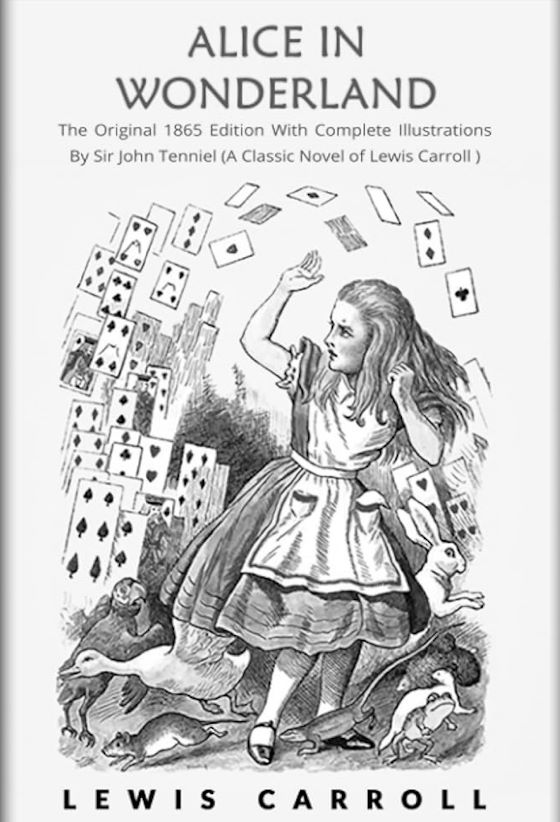 Another book that i used for typing practice over at TypeLit.
Another book that i used for typing practice over at TypeLit.
It’s rather an enjoyable way to read a book, while at the same time being incredibly useful in improving ones typing.

As to the typing experience, it’s a quagmire of punctuation and capitalisation due to most of the book being in dialogue, which are obviously very useful skills to practice. So i present it to you, totally recommended, as both a great read and also great typing practice: what’s not to like?
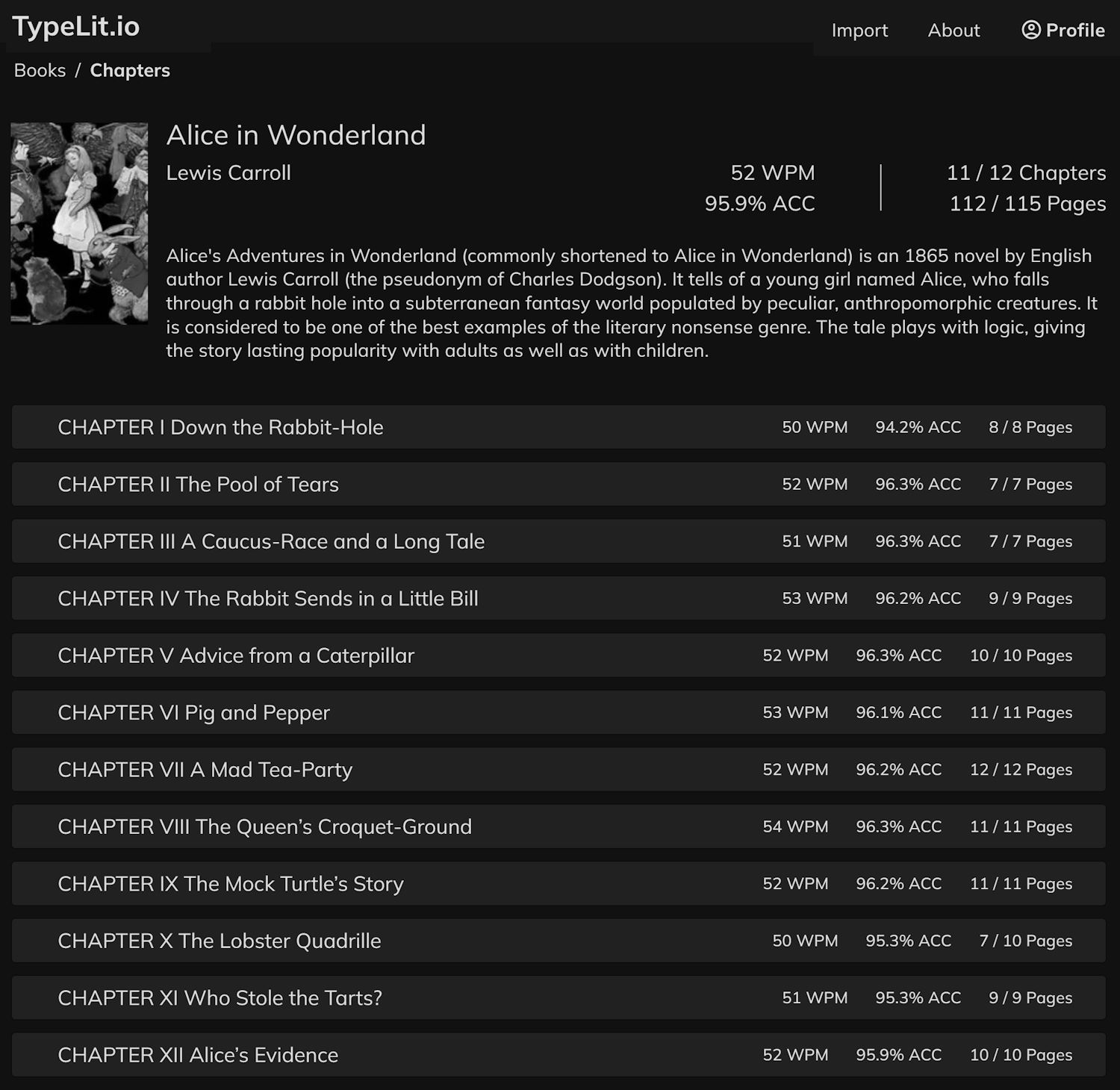

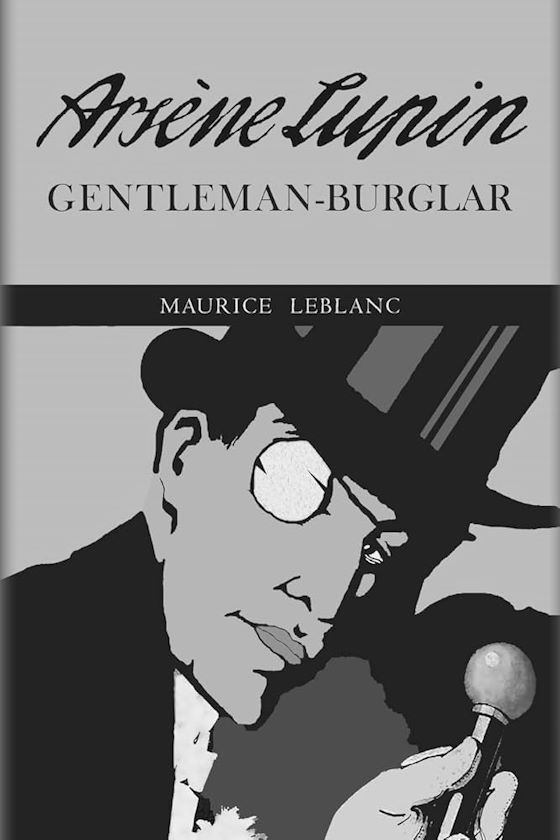 This is a book that i used for typing practice over at TypeLit.
This is a book that i used for typing practice over at TypeLit.
It’s rather an enjoyable way to read a book, while at the same time being incredibly useful in improving ones typing.
This book is quite a good find. The mysterious Arsene Lupin is the ultimate rascal as he goes about relieving the rich and famous of France of their valuables: a joy to read about.

As to the typing experience, it’s a rather difficult book to type as it is full of French words and names, but a fun challenge and great typing practice. So i present it to you totally recommended, both as a great read and also great typing practice: what’s not to like?

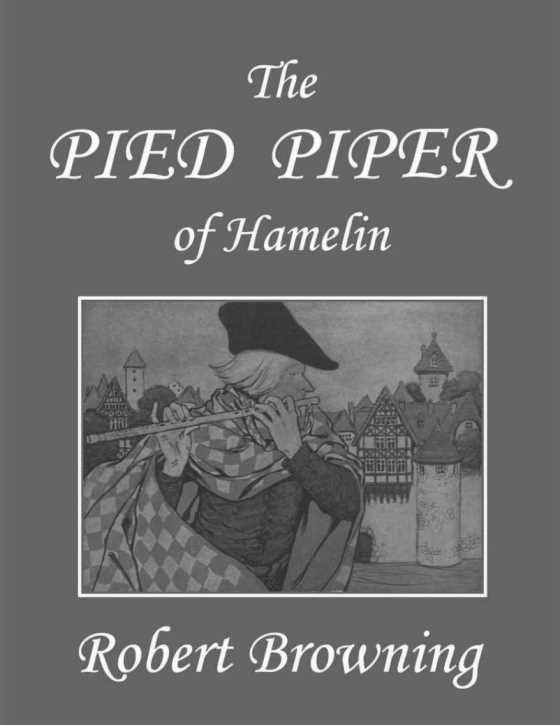 A delightful, long poem telling the full story of the Pied Piper. Great for reading out loud to children. And much, much better than the Brothers Grimm version.
A delightful, long poem telling the full story of the Pied Piper. Great for reading out loud to children. And much, much better than the Brothers Grimm version.
Best of all, it’s free. So why not download and give it a read today.

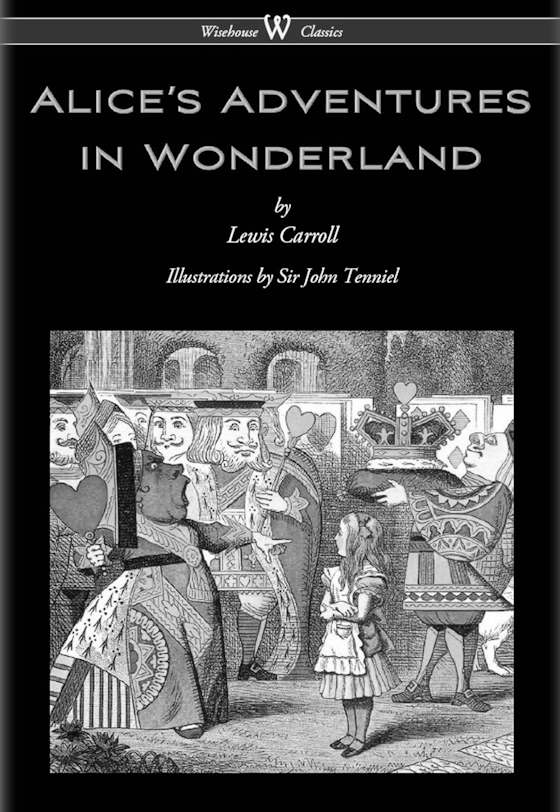 When i read this last time i never wrote a review for it: possibly because i’d only just written a review for Alice’s Adventures Under Ground and didn’t really see the need to say much the same for this book.
When i read this last time i never wrote a review for it: possibly because i’d only just written a review for Alice’s Adventures Under Ground and didn’t really see the need to say much the same for this book.
So what brings me to reading this book again and writing a review now, you may ask. Well, it’s because i just finished reading Heartless by Marissa Meyer and i so wanted to see how well it would flow into Alice’s Adventures in Wonderland if it was read as a prequel.
Now i’m certainly not saying that this book needs a prequel, but if it were to have one then Heartless has my full blessings to occupy that honoured place.
Yes, one can argue that Alice’s Adventures in Wonderland is a plenty wonderful book and stands perfectly alone without any need for a prequel, but, having just read Heartless beforehand as a prequel, i can fully attest that it makes for a much better reading experience if you do.
Here be some more “Alice and Wonderland” books.

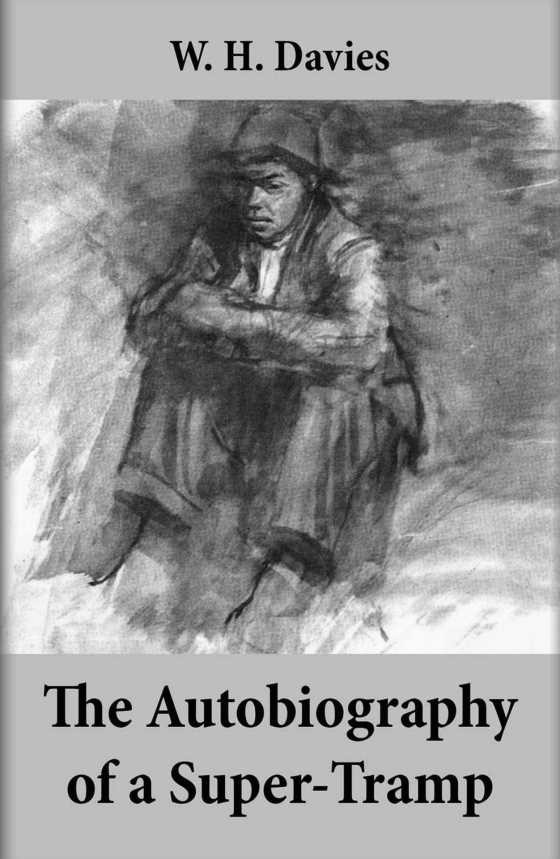 My school house master, Peter Forest, who was also my maths teacher, one day stated in front of the whole class that i’d either grow up to be the next Einstein or a tramp, and that he feared it would most probably be the latter. Suffice it to say, i never did get around to doing that degree in theoretical physics.
My school house master, Peter Forest, who was also my maths teacher, one day stated in front of the whole class that i’d either grow up to be the next Einstein or a tramp, and that he feared it would most probably be the latter. Suffice it to say, i never did get around to doing that degree in theoretical physics. 
So when i found this book on Amazon it reminded me of Peter Forest and his condemnation of my future and was certainly instrumental in my purchase. I wasn’t disappointed, so thanks Peter.
The strange thing was the timing, as i let the “Infinite Improbability Drive” always select my next book from “The Pile” and it’s only been a couple of books since i finished Into The Wild, about Chris McCandless, AKA, Alexander Supertramp. This book certainly flows nicely on from that. It makes me wonder if Chris had actually read this amongst all the other books mentioned in his story.
William covers his adventures as a tramp during the late 1800’s, where he ventures far and wide. The funniest thing for me was that he was a trustifarian. I had no idea that these creatures existed back in the 1800, but it’s certainly true in William’s case, and he even admits it in the book.
When his grandmother died, instead of willing him her property, which she knew he would squander rather quickly, she instead put it into trust from which he was given an allowance. So off he goes to America, tramping around, living on hand outs and goodwill, while all the time his weekly allowance from his trust fund is being saved up for his return. And he can return at any time, by working cattle ships from Baltimore, and even getting paid while doing so.
Even later on when he gets back the England, he continues to drop out into his tramping lifestyle while his trust fund rebuilds his bank account in order to fund his next adventure. I wonder if William was the original trustifarian, were there others before him?
Without a doubt, a very good inside look into the mind and lifestyle of the typical trustifarian. But, on top of that, it’s a very revealing look into this odd sub-culture of the underclass of the age and the lifestyles they lead and how they managed to support themselves. Although, one can’t really get away from realising that most of these people were simply down where they were due to alcoholism, with every opportunity of spending any penny they managed to accrue on getting drunk always eagerly taken — no, nothing much changes.
Anyways, an enlightening piece of history of the Victorian age seen from a very different view point to the normal history books and biographies.
